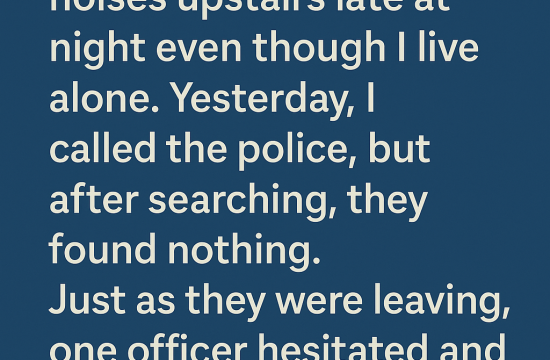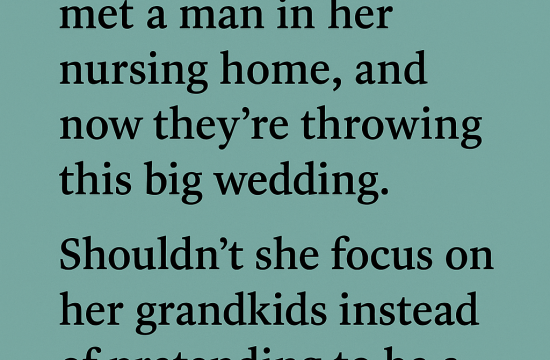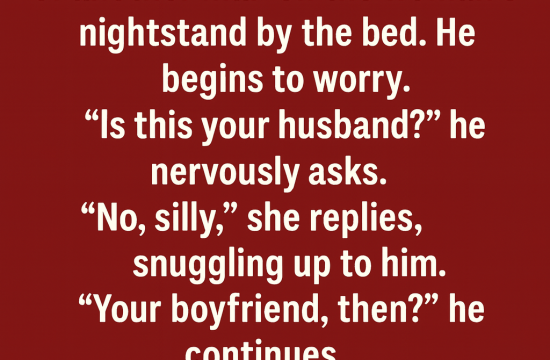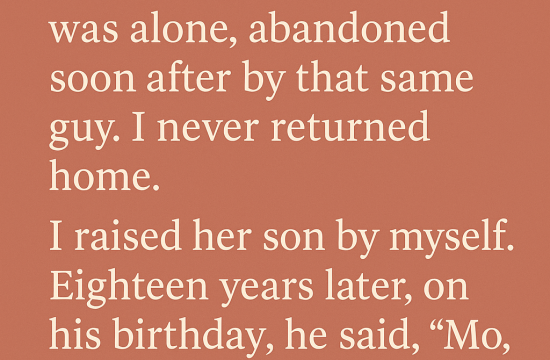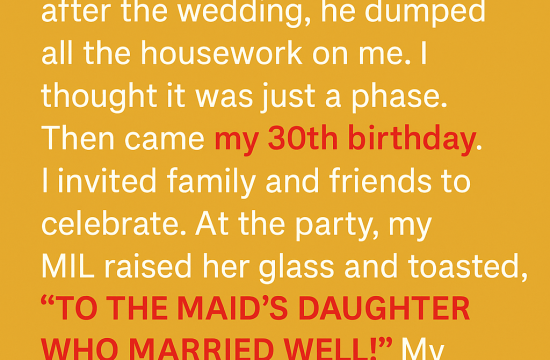I was meeting my boyfriend’s parents for the very first time, and everything seemed to be going perfectly. They were warm, welcoming, and easy to talk to. Lunch was filled with laughter and polite conversation, and for a brief moment, I felt relieved—maybe I really fit in with his family.
After lunch, I excused myself to the bathroom. When I returned, though, something had shifted. Their smiles felt forced, their eyes darted uncomfortably, and the warm atmosphere had vanished. Before I could make sense of it, my boyfriend abruptly suggested that we leave.
The moment we got into the car, he turned to me, his tone sharp: “You could’ve at least warned me!”
I froze, not understanding. Then I caught sight of the reflection in the car window—a large brown stain smeared across the back of my pants. My stomach dropped. They must have thought I’d had some kind of embarrassing accident.
Flustered, I quickly explained, “It’s not what you think! They offered me chocolate earlier, and I slipped it into my back pocket. It must have melted.”
But instead of laughing it off or reassuring me, my boyfriend stayed stone-faced, clearly more concerned about how he looked in front of his parents than how humiliated I felt.
For days afterward, I replayed that scene in my head—the sudden shift in his parents’ attitude, the icy car ride, his blame. What struck me most wasn’t the misunderstanding itself, but his reaction. He hadn’t comforted me, defended me, or even tried to ease the awkwardness. Instead, he made me feel smaller, as if my mere presence had embarrassed him.
That moment opened my eyes. Relationships aren’t measured by how smoothly things go when life is perfect, but by how someone stands beside you when things go wrong—especially in moments beyond your control.
And in that moment, I realized he wasn’t someone I could count on. Not long after, I ended the relationship. It was one of the most embarrassing experiences of my life—but also one of the most clarifying.




